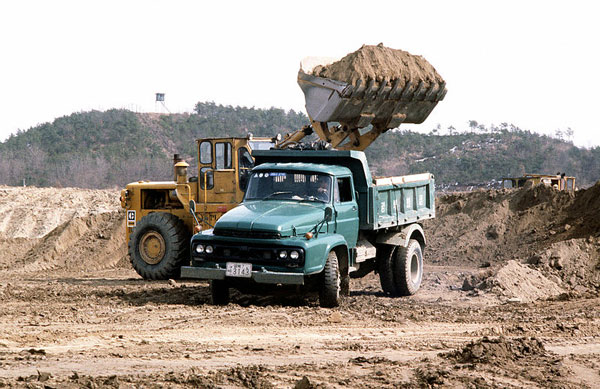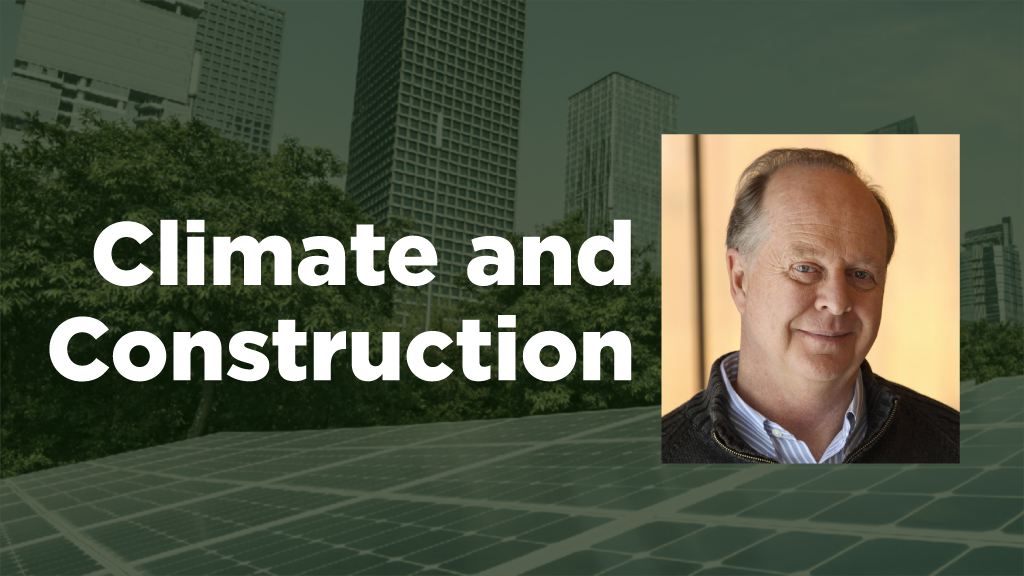OntarioŌĆÖs Excess Soil legislation, known in the industry as 406/19, dictates the manner by which the testing, removal and storage of potentially contaminated excavated earth is conducted.
New rules took effect January 2022 requiring the logging, testing and tracking of excavated soil before it left a construction site, varying by the type and amount. For soil movements above specified minimums, online registration in the provinceŌĆÖs Excess Soil Registry was required.
That registry is managed by the Resource Productivity and Recovery Authority (RPRA), mandated by the Government of Ontario under the Ministry of the Environment, Conservation and Parks (MECP) to┬Āenforce circular economy laws such as the blue box program.
Compliance with 406/19 has been a problem since the regulations were first introduced in 2019, a topic covered several times by the Daily Commercial News. The regulations have added costs for all parties down the line, particularly the for the registry itself.
RPRAŌĆÖs registry is meant to operate on a break-even basis, with management costs matched by incoming registration fees.
RPRA fees were increased effective April 1, 2024 by as much as 400 per cent to $150,000 for those projects generating the largest volumes of excess soils. Reuse and storage facilities receiving large volumes faced a fee increase of 350 per cent to $42,000. Projects generating less than 2,000 m3┬Āof excess soil, and which previously did not have to pay registry fees, now had to pay a flat fee of $90.┬Ā
In September, RPRA detailed their proposal to by another 30 per cent for ŌĆ£source sites.ŌĆØ

Why the increase?
RPRA projects a 35 per cent drop in excess soil program collections in 2025. Only one other program under RPRAŌĆÖs mandate, hazard waste, is projecting any drop, and itŌĆÖs less than five per cent.
Hiking fees in anticipation of a drop in registrations is a curious business model. Few in the construction industry project a decrease in construction activity for 2025 that would reflect such a drop in soil registrations. In fact, increasing fees could easily backfire by increasing industry hesitancy to register, resulting in more illegal excess soil movements in order to save money.
Could this include Ontario municipalities?
Jeff Goldman, principal at soil management software developer SoilFLO, told the Daily Commercial News that for more than two years, several Ontario municipal projects ŌĆ£appear to have a soil movement component to them, and are from municipalities that historically seem to have unreported projects with soil movement on the provincial Excess Soil Registry.ŌĆØ
The Daily Commercial News followed up with municipalities identified by Goldman as having very few registrations, along with the names of specific projects he felt were suspect.
However, all said their staff had attended informational seminars hosted by the MECP, are aware of the requirements under 406/19, and take them seriously. All claimed their past projects were in compliance, with those not appearing on the registry falling under allowed exemptions.
Municipalities and larger commercial developers are not the problem for the most part, Chad Morden of Midland-based Morden ░Ą═°Į¹Ū°ion told the Daily Commercial News. The biggest offenders are the smaller private developers who own the project ŌĆ£sending sites.ŌĆØ Significant money can be saved by those willing to ship excess soil to an unregistered soil storage site.
In rural areas and unfazed by local bylaws, Morden said shippers know where untested excavated soil can be dumped by paying a few dollars to property owners. Whistleblowing compliers pay the price by losing customers.
Goldman suggested the ministry is soft on enforcement and prosecution, calling it a ŌĆ£disconnect.ŌĆØ
ŌĆ£TheyŌĆÖd rather address it with compliance redirection and maybe an order to take that stuff away that you just put there, assuming they even find out that itŌĆÖs there in the first place.ŌĆØ
Perhaps the gap between compliance and enforcement would not persist today if the MECP had enforcement personnel equal to that of the Ministry of Natural Resources, Morden said.
In the meantime, higher fees are unlikely to help.
John Bleasby is a freelance writer. Send comments and Climate and ░Ą═°Į¹Ū°ion column ideas to editor@dailycommercialnews.com.








Recent Comments